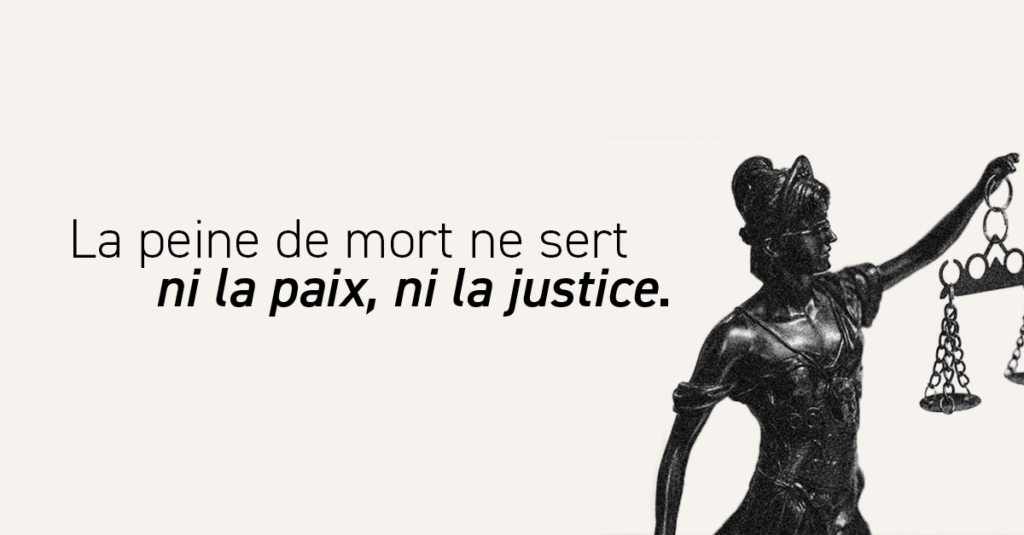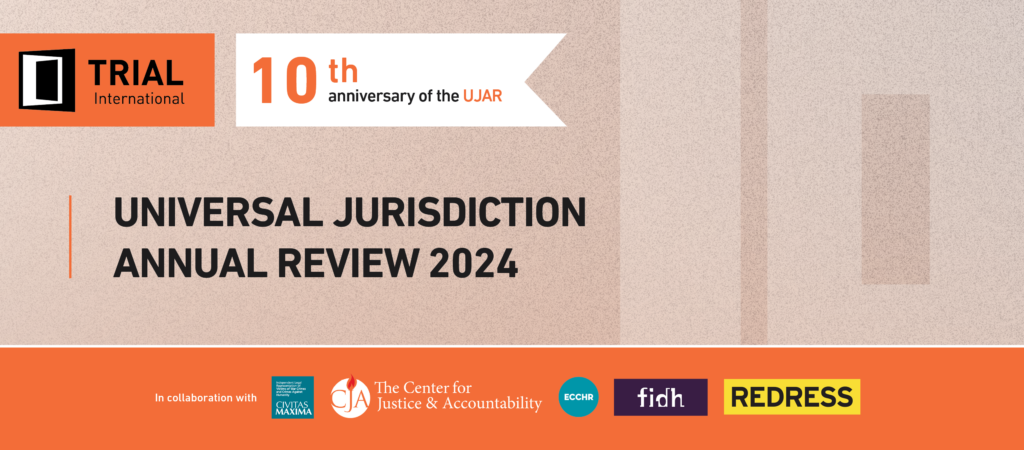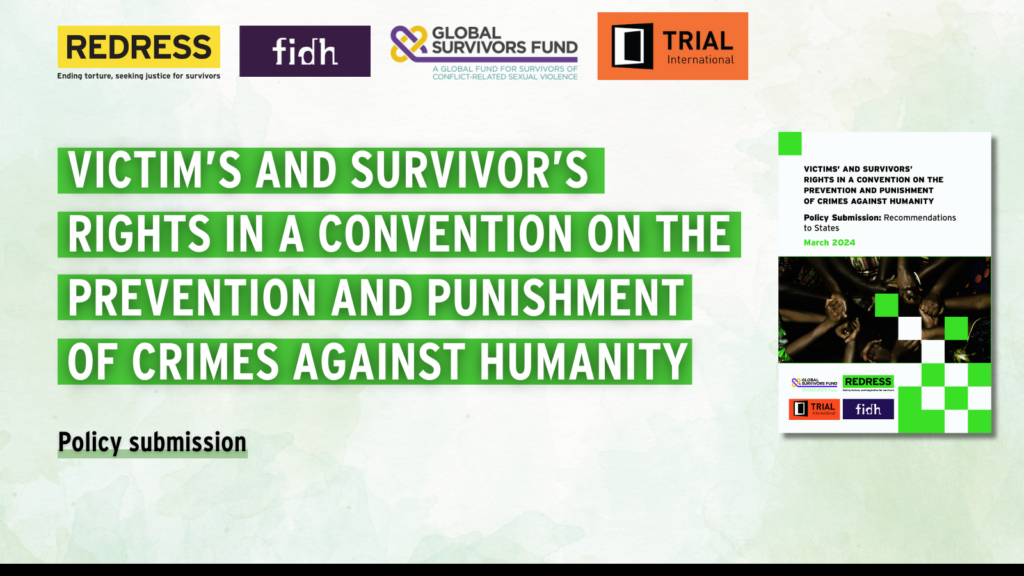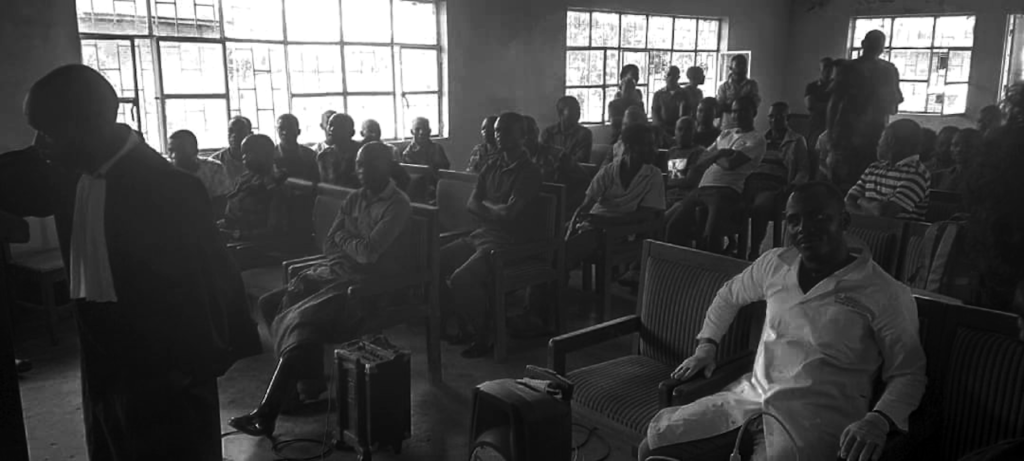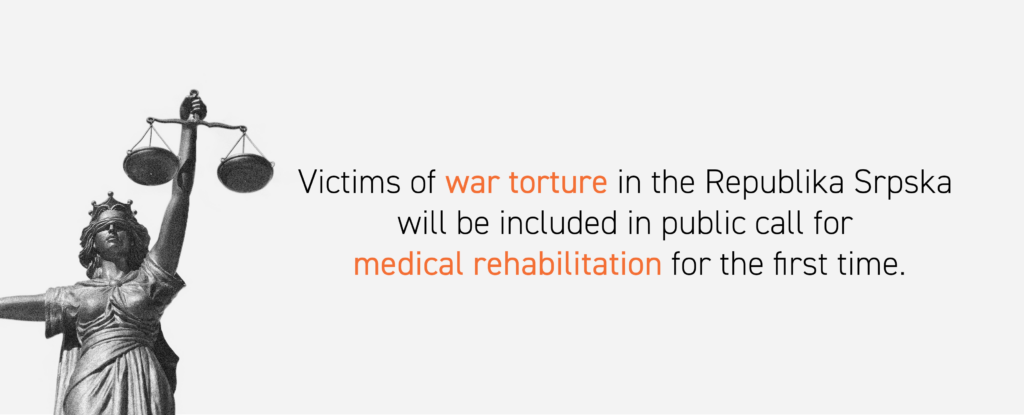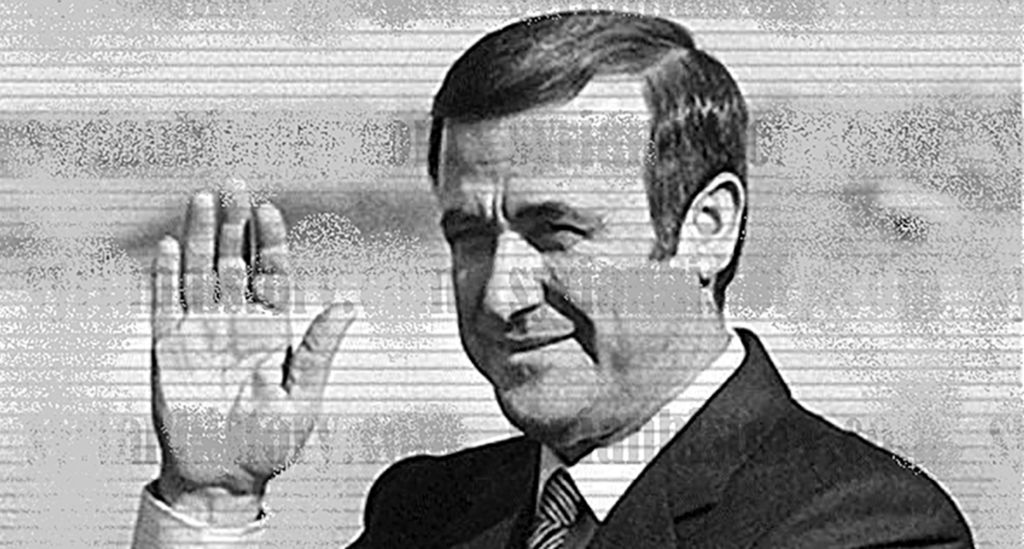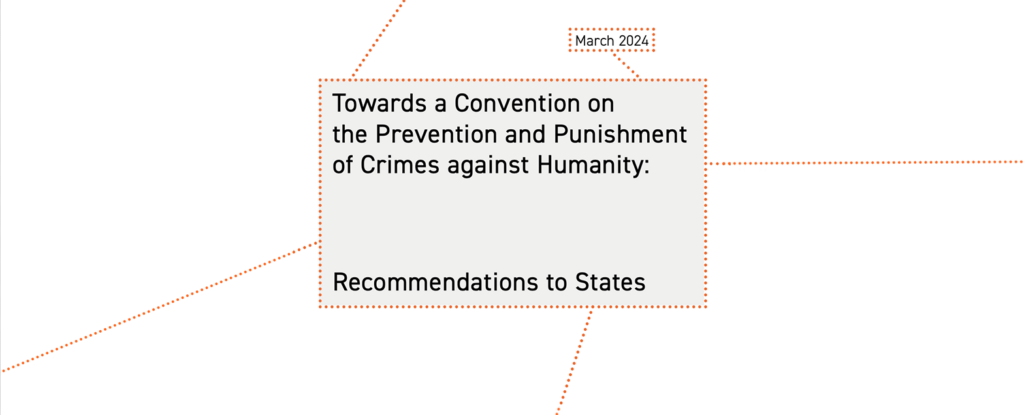Kenya: Human Rights Committee demands accountability for Mount Elgon crimes
Geneva, 27 July 2012
TRIAL (Swiss association against impunity) participated in the examination of the third periodic report of Kenya before UN Human Rights Committee. TRIAL expressed concerns at the situation of impunity enjoyed by the perpetrators of the gross violations committed in the context of a 2008 security operation in Mt. Elgon. In its concluding observations on Kenya, the Human Rights Committee called for serious investigations, prosecution of the perpetrators and reparations for the victims.
On 16 July 2012 TRIAL participated in a private meeting with the Human Rights Committee together with the delegations of other Kenyan and international NGOs in view of the examination of the third periodic report of Kenya before the Committee. TRIAL raised the issue of the massive human rights violations (enforced disappearances, extrajudicial killings, torture) committed during the joint military-police operation Okoa Maisha in March and April 2008 in Mt. Elgon district. TRIAL denounced the enduring and complete state of impunity and the despairing situation of the families of the hundreds of victims that have no means to shed light on the fate and whereabouts of their loved ones, properly mourn their deaths and obtain justice and reparation for their sufferings.
On 17 and 18 July 2012 the Human Rights Committee examined the State report raising with the delegation of the Kenyan government the above-mentioned concerns pertaining to the human rights situation in Mt. Elgon.
In the just published advanced unedited version of its concluding observations on Kenya, the Human Rights Committee, “concerned that the State party has not conducted conclusive investigations of alleged excessive use of force by the police during operation Okoa Maisha in Mt. Elgon […]”, demanded Kenya to “strengthen its efforts to ensure that police officers suspected of committing extrajudicial killings and other offences are thoroughly investigated and perpetrators brought to justice, and that the victims are adequately compensated.”
In July 2011 and June 2012, TRIAL, in partnership with the local NGO Western Kenya Human Rights Watch (WKHRW), had submitted an alternative report, and an update to the report, to the Human Rights Committee.
Context
At the end of 2006, an armed group, the Sabaot Land Defence Forces (SLDF) emerged in the Mount Elgon district in Western Kenya determined to resist what they considered unfair land-allocation attempts by the government. Over the next few years, the SLDF increased its control over the region, forcibly displacing the unwanted population and committing numerous atrocities in doing so. The response of the government, was initially lacklustre, but was stepped up in March 2008 with a joint police-military operation called Okoa Maisha (“Save Lives” in Swahili). Initially the population reacted favourably to this action but became quickly alienated by the government’s strategy which consisted of indiscriminately detaining all men and boys and torturing them, sometimes to death, in order to unmask SLDF members or supporters. Despite numerous reports from NGOs, the government has categorically denied the commission of any human rights violations. More than four years after the operation took place, no investigation into these crimes has been initiated and the families of the victims are denied their rights to know the truth and to obtain justice and to reparations, whilst continuing to endure a permanent state of anguish, frustration, distress and uncertainty.
For more information
- See the alternative report submitted by TRIAL to the Human Rights Committee in July 2011
- See the updated report submitted by TRIAL to the Human Rights Committee in June 2012
- See the Centre for Civil and Political Rights press release on the examination of the third periodic report of Kenya before the Human Rights Committee
- See the advance unedited version of the Human Rights Committee concluding observations on Kenya of 27 July 2012

